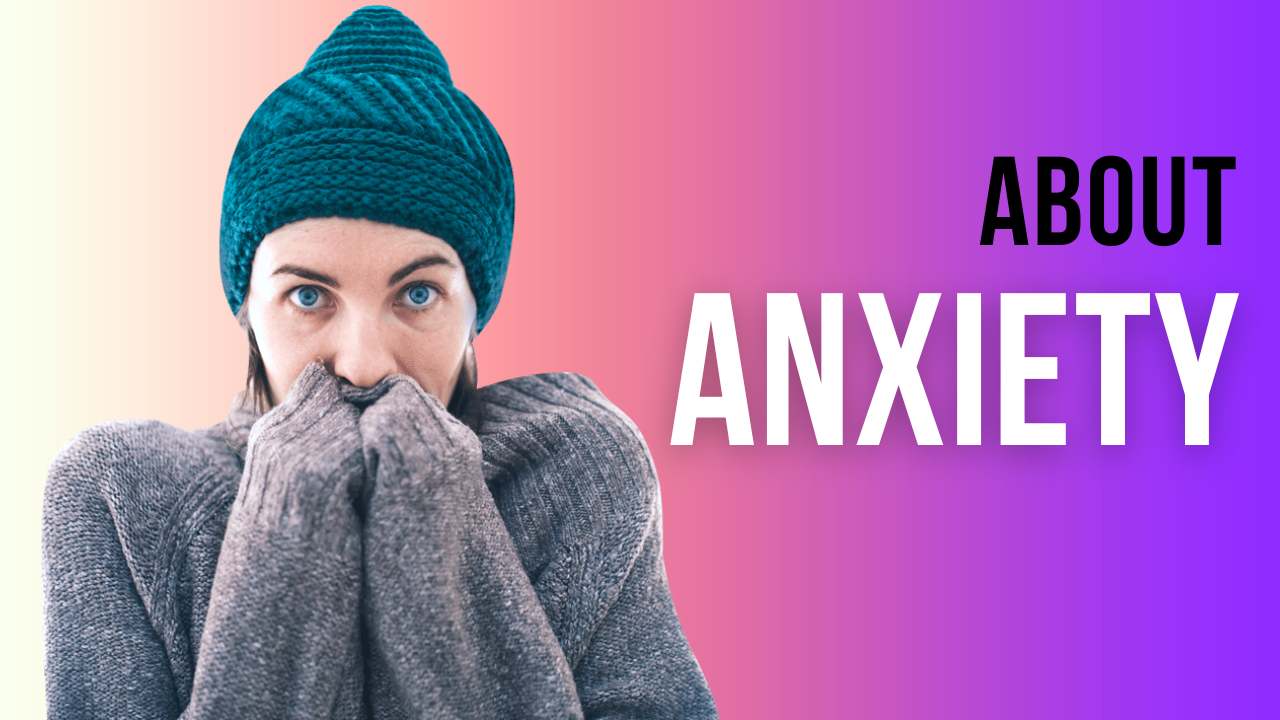Common Triggers of Anxiety Disorders and How to Manage Them

Anxiety disorders are among the most common mental health conditions, affecting millions of people worldwide. As a psychologist, I’ve seen how identifying and understanding the triggers of anxiety can help individuals manage their symptoms more effectively. In this article, we’ll explore some common triggers of anxiety disorders and offer practical tips on how to manage them.
What is Anxiety?
Anxiety is a normal response to stress or danger. However, for people with anxiety disorders, this response can be excessive, persistent, and interfere with daily life. Common types of anxiety disorders include Generalized Anxiety Disorder (GAD), Panic Disorder, Social Anxiety Disorder, and Specific Phobias.
Common Triggers of Anxiety
Work Stress
- Trigger: Deadlines, heavy workload, conflicts with colleagues.
- Management Tips:
- Break tasks into smaller, manageable steps.
- Prioritize your tasks and focus on one thing at a time.
- Practice assertive communication to address conflicts.
Financial Concerns
- Trigger: Debt, unexpected expenses, job loss.
- Management Tips:
- Create a budget and stick to it.
- Seek financial advice if needed.
- Focus on what you can control, and take small steps to improve your situation.
Health Issues
- Trigger: Chronic illness, fear of medical procedures, health of loved ones.
- Management Tips:
- Follow your doctor’s advice and take care of your health.
- Educate yourself about your condition to reduce fear of the unknown.
- Practice relaxation techniques to manage stress.
Social Situations
- Trigger: Public speaking, meeting new people, social gatherings.
- Management Tips:
- Prepare and practice for social situations.
- Start with smaller gatherings and gradually increase your exposure.
- Use positive self-talk to boost your confidence.
Major Life Changes
- Trigger: Moving, getting married, starting a new job, loss of a loved one.
- Management Tips:
- Acknowledge that change is a part of life and it’s okay to feel anxious.
- Seek support from friends, family, or a therapist.
- Focus on the positives and opportunities that change can bring.
Traumatic Events
- Trigger: Accidents, natural disasters, abuse.
- Management Tips:
- Seek professional help to process and heal from trauma.
- Practice grounding techniques to stay connected to the present moment.
- Engage in activities that promote a sense of safety and comfort.
Caffeine and Diet
- Trigger: High caffeine intake, poor diet, skipping meals.
- Management Tips:
- Limit caffeine consumption and opt for decaffeinated beverages.
- Eat balanced meals at regular intervals.
- Stay hydrated and avoid excessive sugar and processed foods.
Lack of Sleep
- Trigger: Insomnia, irregular sleep patterns, sleep disorders.
- Management Tips:
- Establish a regular sleep routine.
- Create a relaxing bedtime ritual, such as reading or taking a warm bath.
- Avoid screens and stimulating activities before bed.
General Strategies to Manage Anxiety
Deep Breathing and Relaxation Techniques
- Practice deep breathing exercises to calm your nervous system.
- Try progressive muscle relaxation or guided imagery.
Regular Exercise
- Engage in physical activity to release tension and boost your mood.
- Find an activity you enjoy, such as walking, yoga, or dancing.
Mindfulness and Meditation
- Practice mindfulness to stay present and reduce worry about the future.
- Use meditation apps or guided sessions to help you get started.
Healthy Lifestyle
- Maintain a balanced diet, get enough sleep, and stay hydrated.
- Avoid alcohol, nicotine, and recreational drugs, as they can increase anxiety.
Seek Support
- Talk to friends, family, or a therapist about your feelings.
- Join support groups to connect with others who understand what you’re going through.
Professional Help
- If your anxiety is severe or persistent, seek help from a mental health professional.
- Therapy, such as Cognitive Behavioral Therapy (CBT), can be very effective.
- Medication may also be an option, as prescribed by a doctor.
Understanding the common triggers of anxiety and learning how to manage them can significantly improve your quality of life. Remember, it’s okay to seek help and take steps towards managing your anxiety. With the right strategies and support, you can regain control and live a fulfilling life.




